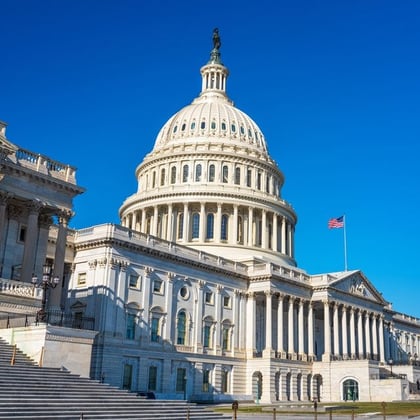The full House passed by a 225-201 vote Friday afternoon the omnibus spending bill, which includes the sweeping retirement package: the Setting Every Community Up for Retirement Enhancement (Secure) 2.0 Act of 2022.
The bill now heads to President Joe Biden for his signature.
“Today, Congress fulfilled one of its most basic responsibilities: to fund our government and keep it working For the People,” House Majority Leader Steny Hoyer, D-Md., said in a statement Friday after the vote. ”From rising costs and inflation to the worsening effects of natural disasters and the climate crisis, this omnibus addresses many of the most pressing issues facing Americans.”
The full Senate passed the $1.65 trillion spending bill late Thursday by a 68-29 vote.
House Education and Labor Committee Chairman Bobby Scott, D-Virginia, said in a statement that Secure 2.0 “incorporates provisions that the House passed and our Committee approved.”
These provisions, Scott explained, “make several sensible improvements to our nation’s retirement system and will help more Americans prepare for and achieve the secure retirement they deserve.”
The Financial Services Institute praised the passage of Secure 2.0. Dale Brown, FSI’s president and CEO, said “this crucial retirement legislation” will ensure “that Main Street investors have access to the advice, products and services they need to save and plan for a dignified retirement.”









 December 23, 2022 at 03:55 PM
December 23, 2022 at 03:55 PM











